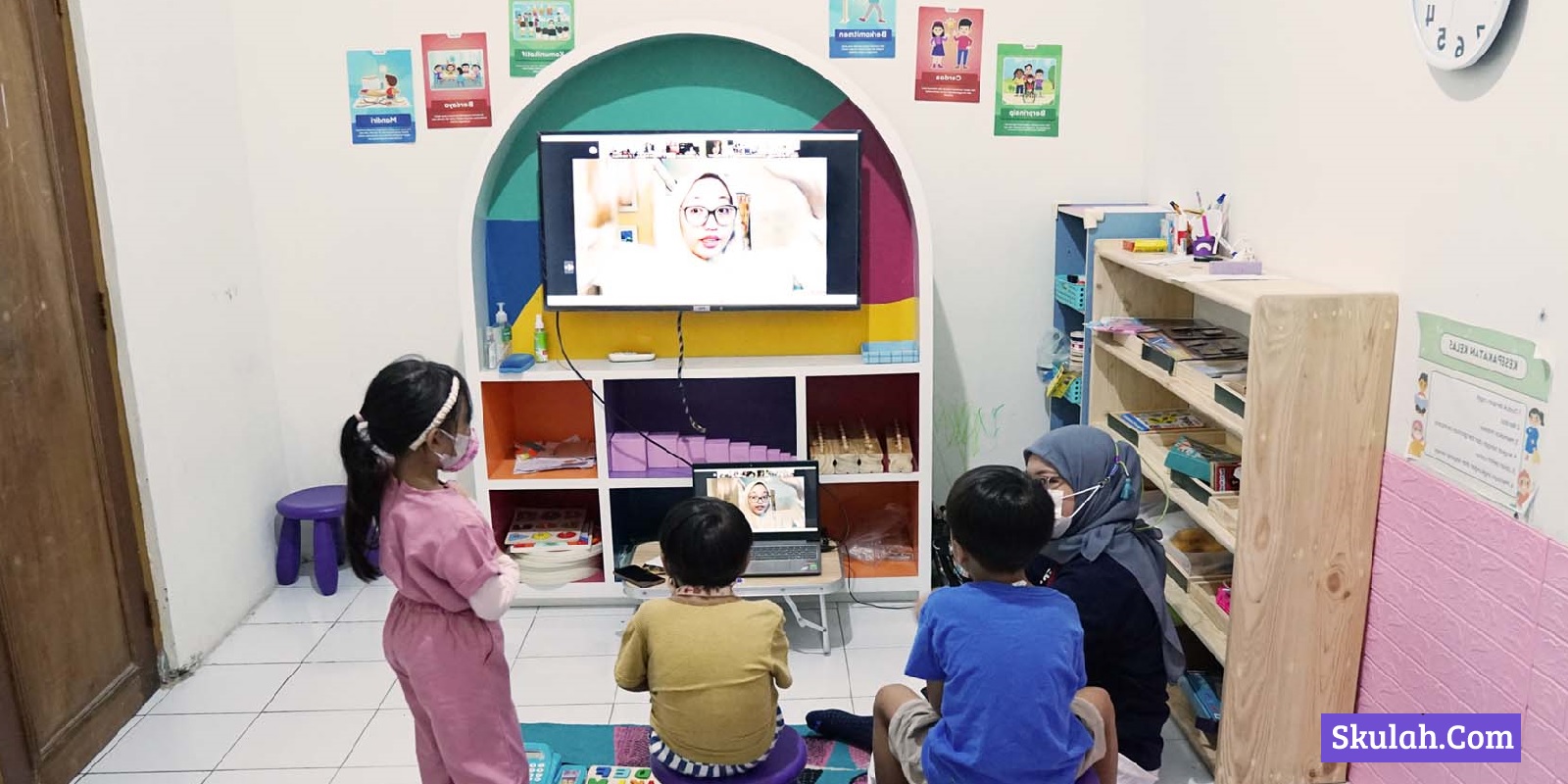Daftar Isi
The Transformative Power of a College Degree
The Allure of a New Beginning: Why People Pursue Higher Education
Many individuals gravitate towards higher education in search of a new beginning. The dream of a better life is a powerful motivator. A degree often symbolizes personal growth, new skills, and a pathway to success. Here are a few reasons why people take this leap:
- Job Security: More education can lead to more stable jobs.
- Passion Pursuit: College allows exploration of personal interests.
- Social Mobility: A degree can elevate you from less fortunate conditions.
Beyond the Diploma: Unveiling the Life-Changing Potential of a Degree
Earning a diploma goes beyond getting a piece of paper. It can signify:
- New Skills: Acquire knowledge that enhances your abilities.
- Broader Perspectives: Engaging with diverse ideas and cultures.
- Life Skills: Develop discipline, time management, and teamwork.
Setting the Stage: A Glimpse into the Journey Ahead
Embarking on this journey requires readiness. Financial planning, time commitment, and support systems are crucial. By preparing yourself mentally and emotionally, you’ll be equipped to tackle the challenges ahead.
Financial Gains: The Economic Impact of a College Degree
Salary Expectations and Career Growth Potential: Statistics and Data
Statistically, a college degree can significantly boost earning potential. According to the Bureau of Labor Statistics, individuals with a bachelor’s degree earn about 66% more than those without a degree.
Return on Investment (ROI): Analyzing the Costs and Benefits of Higher Education
While higher education can be costly, the long-term benefits often outweigh the initial investment. Consider:
- Higher Lifetime Earnings: College graduates earn more over their careers.
- Employment Opportunities: Many jobs require a degree, limiting options for non-graduates.
- Job Satisfaction: Education often leads to more fulfilling career paths.
Debt Management Strategies for Graduating Students: Practical Advice and Resources
Managing student debt is critical. Here are some strategies for success:
- Budget Wisely: Keep track of income and expenses.
- Understand Repayment Options: Review federal and private loan options.
- Consider Income-Driven Repayment Plans: These can make payments more manageable.
Career Advancement: Shaping Your Professional Path with a New Degree
Identifying Career Opportunities Aligned with Your Degree: Utilizing Resources and Networking
Your degree opens doors to a variety of career paths. Tap into resources like:
- Career Services: University career centers often provide job listings.
- Alumni Networks: Reach out to alumni for guidance and job leads.
- Online Platforms: Websites like LinkedIn are great for professional connections.
Building a Strong Resume and Cover Letter: Tailoring Your Application to Specific Jobs
A standout resume and cover letter can set you apart. Remember to:
- Highlight Relevant Experience: Focus on your education and internships.
- Customize Each Application: Address specific job requirements.
- Keep It Concise: Aim for clarity and focus in your documents.
Mastering the Interview Process: Tips and Techniques for Success
Interviews can be daunting, but preparation is key. Here are some techniques:
- Practice Common Questions: Rehearse answers to typical interview inquiries.
- Research the Company: Understand their mission and culture.
- Dress Appropriately: First impressions matter; dress for success.
Personal Growth and Development: The Intangible Benefits of Higher Education
Enhanced Critical Thinking and Problem-Solving Skills: Real-World Applications
College teaches you to think critically. You learn to analyze information, solve complex problems, and approach challenges creatively. Skills gained can be applied in everyday situations, making you a more effective individual.
Increased Confidence and Self-Esteem: The Impact on Personal Well-being
A degree can boost your confidence. Through challenges and achievements, you evolve personally and professionally. Feeling accomplished can have a ripple effect on other areas of life.
Expanding Your Network and Building Relationships: The Power of Mentorship
College provides a great opportunity to meet people. Building a network can enhance both your career and personal growth. Consider seeking mentors who can guide you along your journey.
Navigating the Transition: From Student to Professional
Adapting to the Workplace Culture: Practical Tips for New Graduates
Entering the workforce can be a significant shift. Here are some tips:
- Observe Company Norms: Understand the culture and adjust accordingly.
- Stay Adaptable: Be willing to learn and grow in your new role.
- Ask Questions: Seeking clarity can help ease the transition.
Building Professional Relationships: Networking Strategies for Career Success
Effective networking is vital for career advancement. Consider:
- LinkedIn Connections: Connect with professionals in your field.
- Attend Networking Events: Engage in industry meetups and conferences.
- Follow Up: Maintain contact to foster relationships over time.
Maintaining Work-Life Balance: Strategies for Avoiding Burnout
Balancing work and personal life is key. Implement strategies such as:
- Set Boundaries: Define when work ends and personal time begins.
- Prioritize Self-Care: Engage in activities you enjoy outside of work.
- Take Breaks: Short breaks can boost productivity and overall well-being.
The Future is Yours: Making the Most of Your New Degree
Long-Term Career Goals: Planning for Continued Growth and Development
Think long-term about your career. Set achievable goals that guide your progress. These goals can evolve, but having them steers you in the right direction.
Lifelong Learning: Embracing Continuous Education and Professional Development
Education doesn’t stop at graduation. Consider:
- Online Courses: Many resources are available for professional development.
- Workshops: Attend industry-related workshops for skill enhancement.
- Certifications: Pursue additional certifications to boost your credentials.
Giving Back to the Community: Contributing Your Skills and Expertise
Use your skills to benefit others. Volunteering or mentoring can add meaning to your professional life. It creates a cycle of growth and learning for both you and your community.
Conclusion: Embracing the New Chapter and Shaping Your Future
Key Takeaways: Reaffirming the Benefits of Higher Education
A college degree paves the way for new opportunities and personal growth. The journey may be challenging, but the rewards are significant.
Call to Action: Encouraging Readers to Pursue Their Educational Goals
If you’re considering taking the next step, don’t hesitate. Higher education offers invaluable experiences and prospects.
Inspiring Words: Motivational Message for Aspiring Graduates
Embrace this new chapter with an open heart and mind. Your degree could change your life in ways you may not yet envision. The future is bright, and it’s yours to shape.
















































